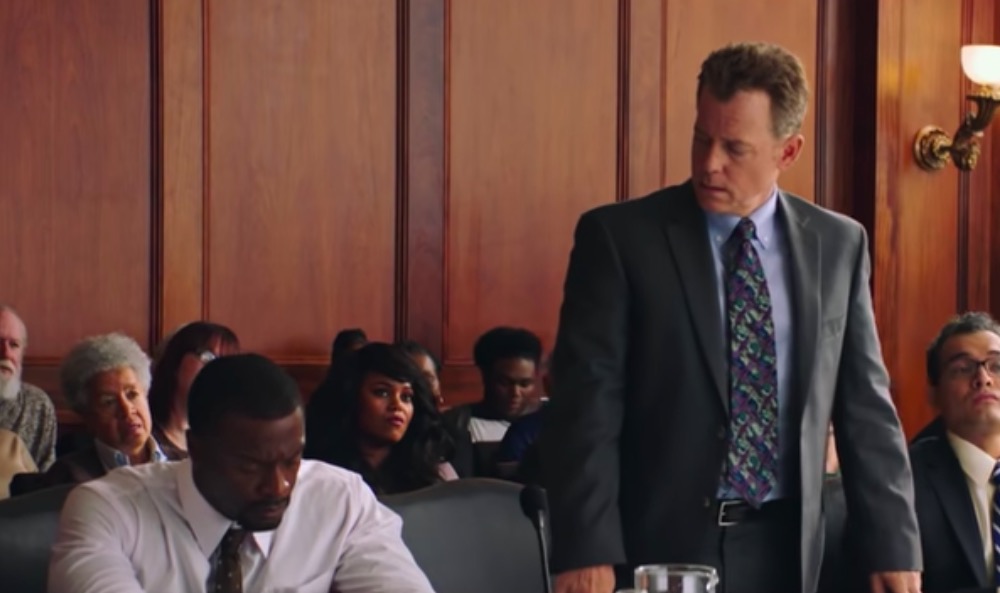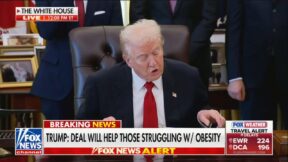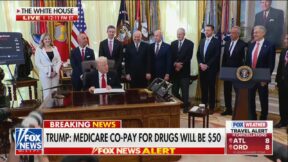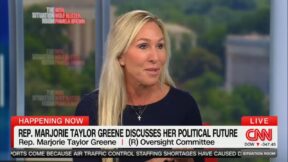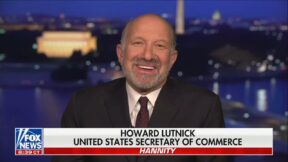News Media and #MeToo Should Be Asking Serious Questions About the ‘Brian Banks’ Movie
Thursday, a major movie called Brian Banks, starring Greg Kinnear and including Morgan Freeman, opens in theaters across the country. It purports to tell the inspiring story of Brian Banks, who lost his promising football career, and temporarily his freedom, when in 2002 he was falsely accused of rape as a high school star in Long Beach, CA, before being “exonerated” a decade later.
When I first heard of the Brian Banks saga back in 2012, I was immediately drawn to it and thought the subject would make for an amazing documentary film about a black athlete overcoming a horrible injustice. I quickly learned that, curiously, a documentary with his endorsement was already in the works, even before his criminal conviction had officially been reversed.
Still intrigued, I decided to look more deeply into the narrative that the local news media here in Southern California was putting forward, partly because the more I learned about it, the less sense it seemed to make.
The short version of that narrative is this: Before his senior year at football powerhouse Long Beach Poly, Banks was accused by Wanetta Gibson of having raped her on campus during summer school. His conviction, which was at least partially racially motivated, caused him to go to prison, which cost him a promising college football career at USC, where he was being recruited; as well as any shot at making the NFL. After Banks served his time, Gibson contacted him via Facebook, they met, and Banks taped Gibson recanting her rape allegation. This then led to Banks’ conviction being thrown out, with the school district obtaining a large, essentially symbolic, judgment against Gibson to whom they had previously paid a hefty million-dollar settlement due to her rape claim, which had apparently already been spent.
While I have not seen the movie (thankfully for the movie’s producers, I was out of town for the recent premiere and press conference in Los Angeles), it is clear that this narrative is also the essence of the film, only with some extra dramatic license thrown in for greater effect. If this depiction was only an exaggeration of what really happened, that would just be normal Hollywood revisionist history, but after having spent quite a bit of time researching this story, there are a lot of legitimate questions about whether this version of events is actually accurate.
To be clear, I have no idea whether Banks actually raped Gibson. But I am confidant that the narrative apparently presented by the movie is a fairytale. And that, especially in the #MeToo era, should be raising eyebrows if not causing significant outrage among victims’ rights advocates. Here are the major parts of Banks’ current story which are clearly problematic:
- Banks currently says that he never had sex with Gibson, but this is in direct contraction to his original account. I spoke with the principal of his high school at the time, Shawn Ashley, and he said there was never any question that Banks had admitted having sex on campus with Gibson, which caused his expulsion from school, and, significantly, the end of any football scholarship offer, regardless of whether the sex was consensual or not. This was partly because, according to multiple conversations with Gibson’s attorney at the time, Charles Naylor (who doesn’t know if Banks raped his then client or not), this was the second time that Banks was found to have had sex on school grounds with a different female.
- While Banks has never tried to hide it (the super lazy news media does a pretty good job for him), it is important to point out that Banks not only originally admitted having sex with Gibson on campus, but he pleaded guilty to a lesser degree of “rape” without even a trial. His current claim is that he was coerced by his attorney into pleading guilty because, as a “big black guy,” he wouldn’t have a shot at a fair trial in a case like this. Banks is a very smart guy, however, and his defense attorney, Elizabeth Harris, was a black female USC graduate who soon after became a judge in the area, so clearly she wasn’t racist or totally incompetent. Also, whites make up only 46% Long Beach’s general population, and far less in the area of Banks’ high school, where the alleged crime took place, which has long been majority black (currently their minority enrollment is 88%). In other words, it’s unlikely that Long Beach, CA in the 2000s is a place where black people could presume to be railroaded — as seems to be the movie’s flimsy premise.
- Gibson’s recantation of her rape allegation is not nearly as clear-cut as Banks and his many media supporters would like you to believe. Her own lawyer for the case tells me that she is someone who was especially vulnerable to manipulation. The tape of her telling Banks that she made a false rape claim lacks any of the emotion or detail that you might expect from a woman who is trying to make amends for having lied to destroy someone else’s life. Gibson, who has seemingly now gone into hiding thanks to all the publicity the Banks case has generated, told a local TV reporter back when this began to make news that Banks had offered to pay her $10,000 for her recantation, which she also said was false, a statement which has been shockingly ignored in the national coverage of this case.
Again, it is quite possible that Banks served five years for a crime that, while he admitted to it, he did not actually commit. However, the facts indicate there’s more to this story and that his “exoneration” could have been more the result of media pressure scaring his unsophisticated accuser than anything else.
The most troubling part of this whole saga is that here is what we know for sure happened in this case: Back in 2002, two high school students had some sort of sex on campus, one got paid over a million dollars by the school after having claimed she was raped, while the other ended up, after a five-year prison sentence, as a semi-celebrity who got paid $142,000 for his wrongful conviction, was given a tryout and then a front-office job with the Atlanta Falcons, and had a major movie made — with his name the entire title — making him into a hero.
There is just no way to turn that bizarre scenario into a remotely just ending… even in Hollywood.
This is an opinion piece. The views expressed in this article are those of just the author.
